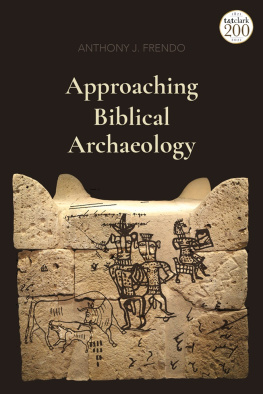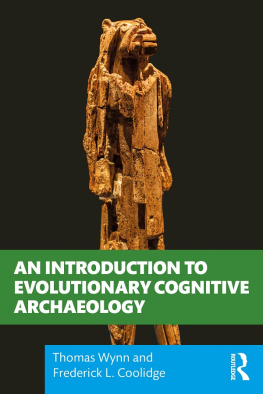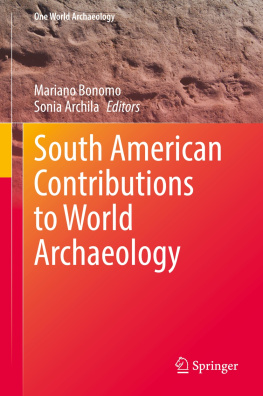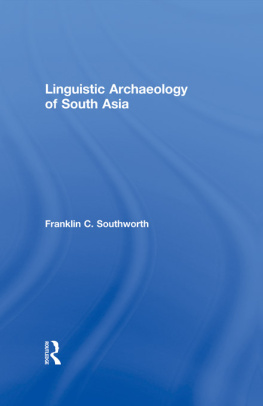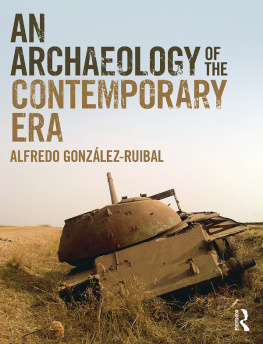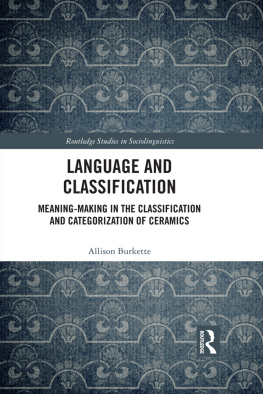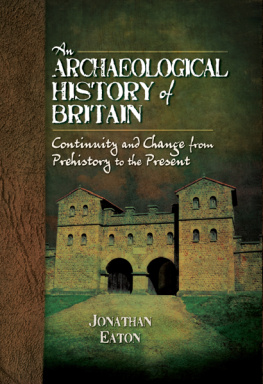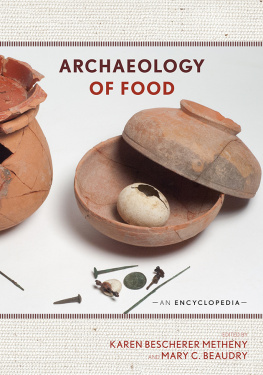Cover
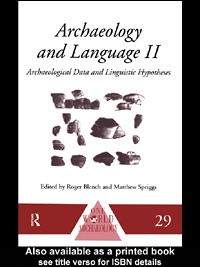
| title | : | Archaeology and Language. II, Correlating Archaeological and Linguistic Hypotheses One World Archaeology ; 29 |
| author | : | Blench, R.; Spriggs, Matthew. |
| publisher | : | Taylor & Francis Routledge |
| isbn10 | asin | : |
| print isbn13 | : | 9780203287811 |
| ebook isbn13 | : | 9780203202913 |
| language | : | English |
| subject | Historical linguistics, Linguistic paleontology, Archaeology, Oral tradition, Prehistoric peoples. |
| publication date | : | 1998 |
| lcc | : | P140.A734eb vol. 2 |
| ddc | : | 417.7 |
| subject | : | Historical linguistics, Linguistic paleontology, Archaeology, Oral tradition, Prehistoric peoples. |
Page i
ARCHAEOLOGY AND LANGUAGE II
Page ii
ONE WORLD ARCHAEOLOGY
Series Editor: P.J.Ucko
Animals into Art
H.Morphy (ed.), vol. 7
Archaeological Approaches to Cultural Identity
S.J.Shennan (ed.), vol. 10
Archaeological Heritage Management in the Modern World
H.F.Cleere (ed.), vol. 9
Archaeology and Language I: theoretical and methodological orientations
R.Blench & M.Spriggs (eds), vol. 27
Archaeology and the Information Age: a global perspective
P.Reilly & S.Rahtz (eds), vol. 21
The Archaeology of Africa: food, metals and towns
T.Shaw, P.Sinclair, B.Andah & A.Okpoko (eds), vol. 20
Centre and Periphery: comparative studies in archaeology
T.C.Champion (ed.), vol. 11
Conflict in the Archaeology of Living Traditions
R.Layton (ed.), vol. 8
Domination and Resistance
D.Miller, M.J.Rowlands & C.Tilley (eds), vol. 3
The Excluded Past: archaeology in education
P.Stone & R.MacKenzie (eds), vol. 17
Foraging and Farming: the evolution of plant exploitation
D.R.Harris & G.C.Hillman (eds), vol. 13
From the Baltic to the Black Sea: studies in medieval archaeology
D.Austin & L.Alcock (eds), vol. 18
Hunters of the Recent Past
L.B.Davis & B.O.K.Reeves (eds), vol. 15
The Meanings of Things: material culture and symbolic expression
I.Hodder (ed.), vol. 6
The Origins of Human Behaviour
R.A.Foley (ed.), vol. 19
The Politics of the Past
P.Gathercole & D.Lowenthal (eds), vol. 12
The Presented Past: heritage, museums and education
G.Stone & B.L.Molyneaux (eds), vol. 25
Sacred Sites, Sacred Places
D.L.Carmichael, J.Hubert, B.Reeves & A.Schanche (eds), vol. 23
Signifying Animals: human meaning in the natural world
R.G.Willis (ed.), vol. 16
Social Construction of the Past: representation as power
G.C.Bond & A.Gilliam (eds), vol. 24
State and Society: the emergence and development of social hierarchy and political centralization
J.Gledhill, B.Bender & M.T.Larsen (eds), vol. 4
Time, Process and Structured Transformation in Archaeology
S.E.van der Leeuw & J.McGlade (eds), vol. 26
Tropical Archaeobotany: applications and developments
J.G.Hather (ed.), vol. 22
The Walking Larder: patterns of domestication, pastoralism, and predation
J.Glutton-Brock (ed.), vol. 2
What is an Animal?
T.Ingold (ed.), vol. 1
Whats New? A closer look at the process of innovation
S.E.van der Leeuw & R.Torrence (eds), vol. 14
Who Needs the Past? Indigenous values and archaeology
R.Layton (ed.), vol. 5
Page iii
ARCHAEOLOGY AND LANGUAGE II
Correlating archaeological and linguistic hypotheses
Edited by
Roger Blench and Matthew Spriggs

London and New York
Page iv
First published 1998
by Routledge
11 New Fetter Lane, London EC4P 4EE
This edition published in the Taylor & Francis e-Library, 2004.
Simultaneously published in the USA and Canada
by Routledge
29 West 35th Street, New York, NY 10001
1998 selection and editorial matter: Roger Blench and
Matthew Spriggs; individual chapters the contributors
All rights reserved. No part of this book may be reprinted or
reproduced or utilized in any form or by any electronic,
mechanical, or other means, now known or hereafter invented,
including photocopying and recording, or in any information
storage or retrieval system, without permission in writing from
the publishers.
British Library Cataloguing in Publication Data
A catalogue record for this book is available from the British Library.
Library of Congress Cataloguing in Publication Data
A catalogue record for this book has been requested.
ISBN 0-203-20291-0 Master e-book ISBN
ISBN 0-203-28781-9 (OEB Format)
ISBN 0-415-11761-5 (Print Edition)
Page v
Cum remotae gentium origines historiam transcendant, linguae nobis praestant veterum monumentorum vicem.
Gottfried Wilhelm Leibniz, De originibus gentium
There is no tracing the connection of ancient nations but by language; and therefore I am always sorry when any language is lost, because languages are the pedigree of nations. If you find the same language in distant countries, you may be sure that the inhabitants of each have been the same people; that is to say, if you find the languages are a good deal the same; for a word here and there the same will not do.
Samuel Johnson, quoted in James Boswell,
The Journal of a Tour to the Hebrides, 1785
If we possessed a perfect pedigree of mankind, a genealogical arrangement of the races of man would afford the best classification of the various languages now spoken throughout the world; and if all the extinct languages, and all intermediate and slowly changing dialects had to be included, such an arrangement would, I think, be the only possible onethis would be strictly natural, as it would connect together all languages extinct and modern, by the closest affinities, and would give the filiation and origin of each tongue.
Charles Darwin,
On the Origin of Species, 1859:405
To seek, by the multiple routes of anatomy, physiology, history, archaeology, linguistics and even palaeontology, what have been in historic times and in the ages which preceded the most ancient remains of humanity, the origins, the affiliations, the migrations, the mixtures of the numerous and diverse groups which make up the human species.
Paul Broca,
La linguistique et lanthropologie, 1862:264
Page vi
This page intentionally left blank.
Page vii
Contents
List of figures | ix |
List of tables | xi |
List of contributors |
Next page

